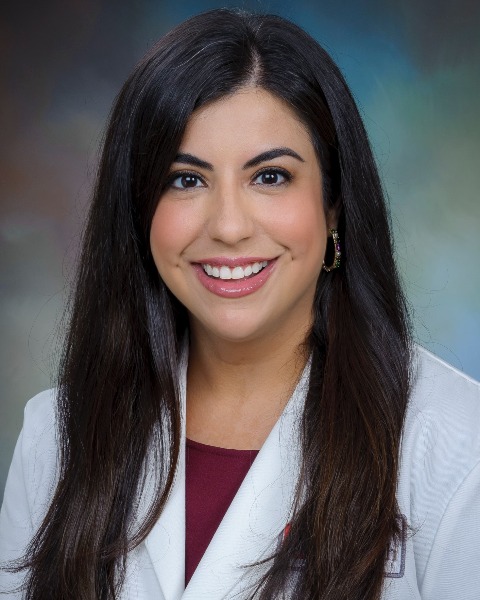Career Development
Community Pediatrics
Core Curriculum for Fellows
General Pediatrics
Hospital Medicine
Leadership and Business Training
Quality Improvement/Patient Safety
Trainee
So You Want to Implement a Clinical Protocol: Tips, Tricks, and Can't-miss Fixes
-

Ha Nguyen, MD, FAAP (she/her/hers)
Clinical Associate Professor
Stanford University School of Medicine
Benicia, California, United States -

Raymond Lejano, MD (he/him/his)
Clinical Assistant Professor
Stanford School of Medicine
Martinez, California, United States -
LD
Lyn Dos Santos, MD (she/her/hers)
Clinical Professor
Stanford University
Pleasanton, California, United States -
AW
Allison Williams, MD
Assistant Professor of Pediatrics
UPMC Children's Hospital of Pittsburgh, University of Pittsburgh
Pittsburgh, Pennsylvania, United States -

Amy Gonzalez, MD, FAAP (she/her/hers)
Associate Professor of Pediatrics
University of Texas Medical Branch
Galveston, Texas, United States
Leader(s)
Co-Leader(s)
Workshop Description: Nationwide, pediatricians have implemented new and improved clinical protocols for the care of the pediatric patient. This highly interactive workshop is designed to equip pediatricians with improved, practical skills for protocol development and implementation in the clinical setting. Participants will work in small groups to identify the basic necessary steps for clinical protocol implementation; apply these steps to design a protocol for a hypothetical clinical scenario; apply failure mode and effects analysis (FMEA) tools to identify problems they may encounter (including delays in committee approval, delays with anticipated EHR changes, inconsistent staff education, and variation in practices after launch day); differentiate high vs low reliability mitigation measures for identified problems; and formulate mitigation measures that best support a high reliability organization. Examples and lessons learned from our implementation of dextrose gel in the newborn nursery, isotonic fluids in the pediatric inpatient unit, and the 2022 hyperbilirubinemia guidelines in both the inpatient and outpatient setting will be discussed during the workshop through didactic components and in breakout small group activities. Participants will employ their new skills and tools in a peer-to-peer discussion targeted on addressing the current challenges they are facing with protocol development at their home institutions. Lastly, all participants will receive a virtual toolkit that provides content review, related QI resources, and additional practical exercises for future protocol development.
Learning Objectives:
- Develop a basic framework for clinical protocol development and implementation
- Apply failure mode and effect analysis tools to identify common problems with protocol implementation
- Differentiate high vs low reliability mitigation measures and formulate mitigation measures that support a high reliability organization.

